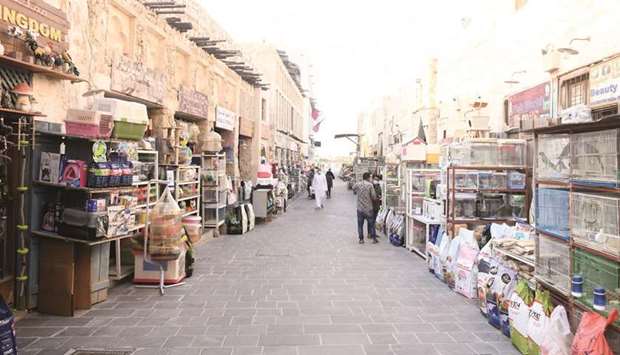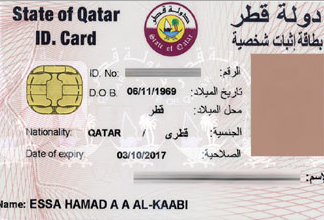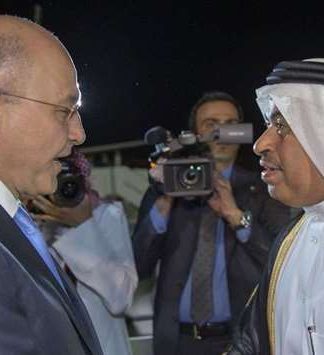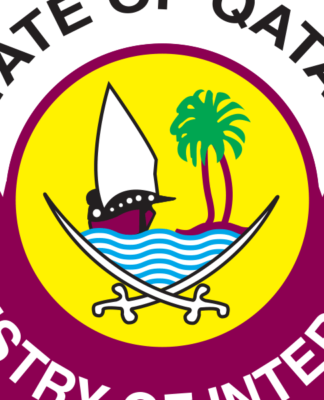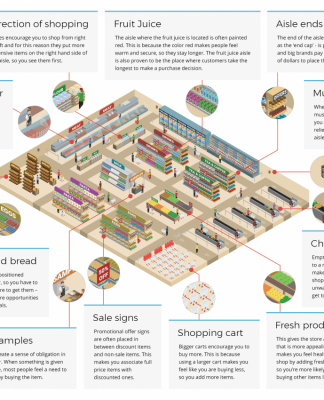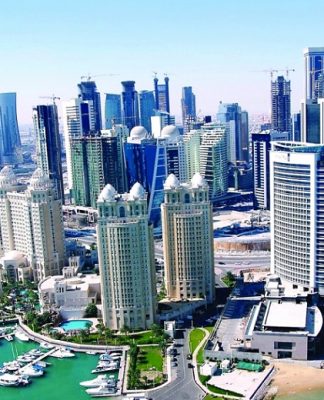Most varieties of animals and birds on display at the pets market in Souq Waqif, following the recent resumption of operations there, are produced locally and bought from various local farms.
Highlighting this, local Arabic daily Arrayah reports that the market currently depends on local production due to the difficulties faced in importing animals and birds in view of the Covid-19 restrictions.
Those on display include canaries, different types of hens, pigeons, ducks, pheasants as well as rabbits, cats and others.
Sellers at the market stressed that their business started picking up quickly after resuming operations early this month as people seemed keen to get different types of pets, especially for their children.
A veterinarian at the market pointed out that buyers should take good care of their pets, particularly because they may become more vulnerable with a rise in temperature. They should also be given vaccines to avoid infection and be kept in well-ventilated and cool places. Besides, they should be kept clean and not be directly exposed to sunlight.
Ali, a seller at the market, said all types of pet birds available at the market are produced locally and bought from specialised farms in the country. He added that the prices of these birds have remained stable, with some being sold for as much as QR1,500 or more while others can be bought for just QR40 or even less depending on the type, the daily reported.
Ahmed, another seller, stressed that the turnout out of customers after the reopening has been good. A number of people have been keen to buy local hens of different types, and some of these are considered exotic and rare, he added.
Further, he advised that birds should be kept in a cool place and not be exposed to the hot weather as this could cause their premature death.
Abdelrasheed, a seller, said fish are also among the popular items on sale as many people keep aquariums at home. Prices may start from QR10 per fish.
Omar Adel, an expert on birds, advised people to keep their winged pets safe from the hot weather and its negative impact. He urged them to give birds an adequate amount of vitamins on a regular basis as well as plenty of fruits and vegetables to avoid dehydration. Their habitats and utensils used to give them food should always be kept clean and water should be changed regularly. Birds, he stressed, should be given extra care as their immunity becomes weaker in cages than when they are free in nature.
Brisk business at pets market as local birds, animals prove a hit
